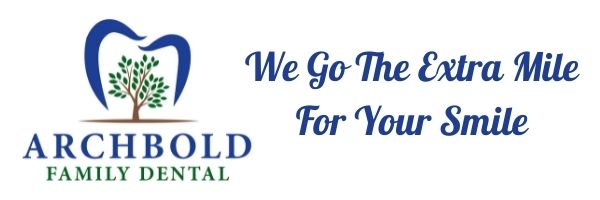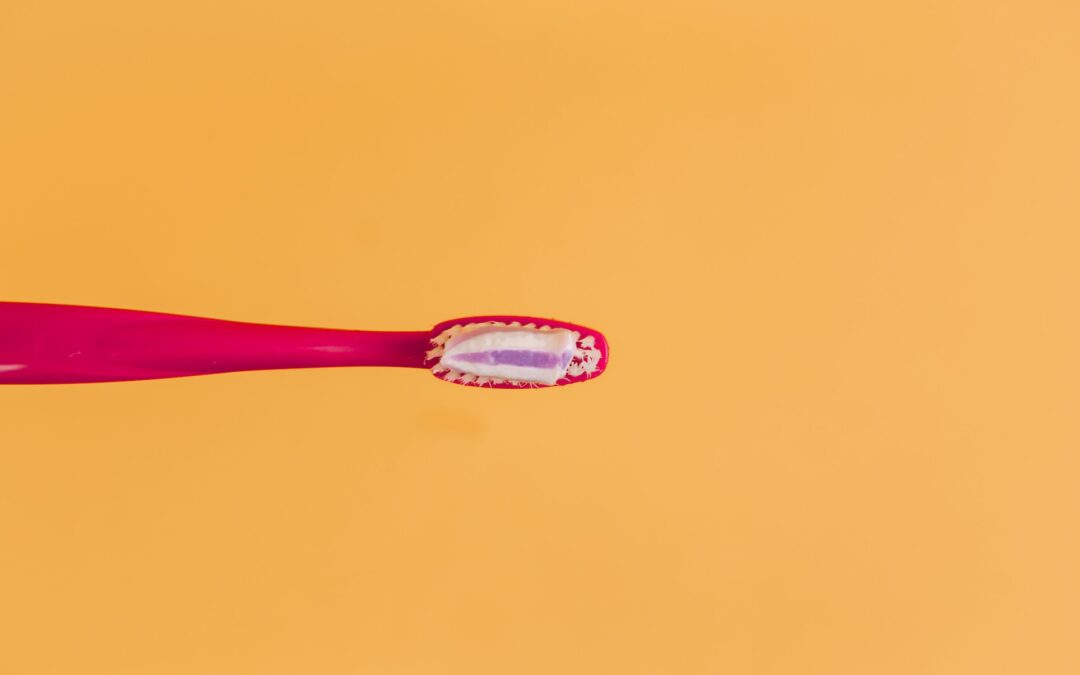Debunking Common Myths About Oral Health
Navigating the realm of oral health often means encountering a slew of myths and misconceptions. These misunderstandings can cloud the waters when it comes to proper practices for maintaining a vibrant and robust smile. It’s high time to clarify the facts and dispel the confusion. Join us as we unravel prevalent myths about oral health and equip you with the accurate knowledge you need.
Myth 1: Sugar-Free Gum Equals Brushing
Fact: Sugar-free gum does offer some advantages, yet it can’t replace the fundamental role of brushing. Chewing gum prompts saliva production, aiding in acid neutralization and the dislodging of food particles. However, it lacks the mechanical prowess of brushing, which actively removes plaque and bacteria from your teeth’s surface.
Myth 2: Whitening Toothpaste Harms Enamel
Fact: Concerns over whitening toothpaste weakening enamel are unfounded. While whitening toothpaste does employ mild abrasives to eliminate surface stains, it poses no harm to enamel when used as directed. Nonetheless, for a secure and effective teeth-whitening experience, consulting your dentist or opting for professional treatments is advisable.
Myth 3: Firmer Brushing Equals Cleaner Teeth
Fact: Vigorously scrubbing your teeth can spell trouble for your gums and enamel. Excessive force during brushing heightens the risk of gum recession and enamel erosion. Instead, adopt a gentle brushing approach with a soft-bristle toothbrush. This method ensures thorough cleaning without causing undue harm.
Myth 4: Dental Visits Are Solely for Pain
Fact: Waiting for dental discomfort before scheduling a visit is a misstep. Regular dental check-ups are vital for catching potential issues before they escalate into painful predicaments or demand extensive treatments. A preemptive stance and early intervention play pivotal roles in upholding optimal oral well-being.
Myth 5: Flossing Holds Little Importance
Fact: Flossing holds equal significance to brushing. Despite it not being a favorite task, flossing contributes to the removal of food particles and plaque from between your teeth, a space unreachable by your toothbrush. Integrating flossing into your daily regimen fosters healthier gums and minimizes the risk of cavities.
Don’t let these misconceptions steer your oral care routine. Relying on misinformation can usher in unnecessary dental complications over time. Should you possess queries or uncertainties about your oral health practices, our adept team is at your service. We’re dedicated to supplying accurate insights and personalized direction to ensure your smile remains luminous and in prime health.

